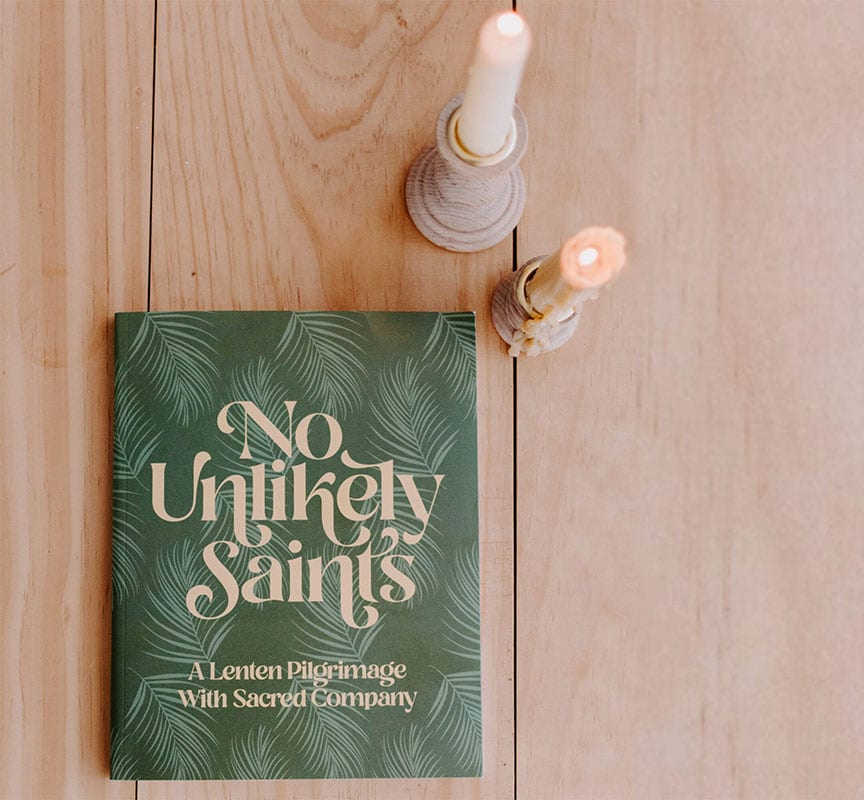
The past several months have taught each of us something about ourselves, or we are not paying attention. In our honest moments, we know what our coping mechanisms are, who our people are, and what must happen each day to keep us functioning at our best. For example, I am now certain that I am not called to homeschool my children. I have to get outside every day, and I want coffee ready when I get up. And, when it comes to news, I am a slow percolator.
Give me a setup for a good pun and I am on it immediately. A defiant attitude in my house and we will chat about it before the dust settles. If someone goes out of their way for me, a thank you card goes out in the mail the next day. But put me in front of live coverage of an attack on the US Senate, complete with images of a noose, crosses, confederate flags, and anti-Semitic t-shirts? I have to sit with that for a long while before I have a coherent response.
Do not get me wrong, I am not on the fence about whether or not that was an appropriate action or not. Or whether it is an insult to the American flag (it was). The entire event was unconscionable from beginning to end. Hard stop.
And by no means am I decrying those quick to articulate a response to these atrocities with speed and accuracy. What I find frustrating in the wake of, yet another event of national and international consequence is the public call for loud opinions to be shared promptly and with or without due reflection, coupled with the accusation that a lack of opinion shared is the equivalent of approval of said event or cause.
I am hungry for thoughtful (prayerful?) responses in place of the easy answers and snap judgments that ping their way around the interwebs. We are long past the grieving of dialogue, and yet the only way to return to that place has to be to stop yelling into the vacuum of like-minded opinions and to converse thoughtfully and respectfully with those who see the world differently than we do, without judgment.
We have been here before
As a parent, it is easy to lament the rocky road ahead for all of us, our children in particular, given the events of this past month/year(s). And yet, we have been here before over and again, sadly. The circumstances are different. The only thing unchanging is our lack of creativity in responding in a thoughtful way. What do I mean?
I can think of a couple of examples where we have found ourselves responding similarly, though there are likely hundreds more.
Women’s movement
First, the women’s liberation movement: Before you exit and decide I have lost my mind or any right to call myself a “feminist,” or that I wasn’t also moved by the election of the first female Vice President yesterday, hear me out. The women’s movement was necessary and voiced important and overdue complaints about unequal treatment, pay, and abuse that had long gone unspoken and, unheard. The message was that women are equal to their male counterparts and that we deserve equal access to education, careers, pay, representation, benefits, and freedom from harassment. It was a demand for what men had become accustomed to enjoying in this country. In a nutshell: That our girls could grow up confidently in a world that would see their full potential. Bravo!
The unexpected side effect of this female-centered movement was that it left boys behind in its wake. Given the events of the past year, you rightly may have lingering doubts about whether or not the patriarchy has dissipated. However, have you observed boys/men being encouraged to be whatever they wish alongside their female counterparts? Have you noticed any library displays near you heralding male role models in history? College attendance, career choice, and men’s suicide and mental health have had an inverse effect compared to that of women and girls ever since the seventies.
*If you are unsure about this correlation, or if you have children, nephews, grandchildren, or students, give this insightful TED Talk a listen, or watch The Red Pill, and see if there might be a glimmer of truth in it.
I am all for pushing forward the cause of treating women with their God-given dignity but not by underplaying or denying the experiences or inherent dignity that is also due to men.
//
Church Politics
The Church is another prime example. Those of us who have paid attention to Church politics for any amount of time know that there is a pendulum that swings wildly every few decades, between conservatism and liberalism. Whichever voice is en vogue at the time works hard to be the only voice heard, thereby caricaturing (at best) or villainizing (at worse) the opposing approach to embodied Gospel living. Each time we silence a different perspective, we pay a cost even when we might not be able to identify it at the time. To pigeon-hole the Body of Christ is to undercut the diverse ways we are invited to live the Gospel.
In turn, the whole world suffers when the Body of Christ joins the cacophony of bullhorns promoting their agenda. The repercussions are vast. We are a Church that thrives on both/and thinking over either/or. We need both soup kitchens and liturgy of the hours; Eucharistic adoration and care for creation; a consistent ethic of life that is willing to speak up for babies in utero and on behalf of someone’s baby on death row.
To lose what either perspective brings is to lose largely.
//
You name it
You pick the topic in present-day America (race/religion/politics), and we see vast division. Cancel culture, or negating an entire person/company/community because of their current or once-held worldview, is in full force right now. Each position is vying for the ability to silence all opposing views. Where this has particular significance is in our collective efforts to raise the voices of those who have been marginalized so that we might hear the stories that should have been told long ago and learn from them.
The instinct to elevate, honor, and listen to the voices of those who have been marginalized or under-represented is essential, good, and overdue! These stories and experiences that have been told in a whisper, or worse yet, silenced, deserve to be heard with attention and respect. The stories that challenge our experience deserve our reflection. And, if we learn anything from our history, we must be on the lookout for our inadvertent oversight. What are we at risk of losing when selecting who has a ‘worthy’ voice or perspective to contribute? In other words, what success stories exist because of the extinguishing of one racial/religious/political worldview?
Spoiler alert: None.
Very quickly, this exclusive mentality moves into dangerous territory that smacks of censorship, or worse. Our instinct to hold up what is charitable, good, and true, only works insofar as it recognizes the inherent dignity of all of those who hold opinions—no matter how distasteful they may be. Very few have walked this sacred ground holding the two in tension. No pithy Instagram post conveys what is asked of us on this level. Instead we defer this humble work to the professionals and exempt ourselves.
The Christian ideal has not been tried and found wanting. It has been found difficult, and left untried.” –G.K. Chesterton
Where do we go from here?
I was at a conference years ago and had the pleasure of listening to a speaker on Catholic Social Teaching that began by describing the chaotic scene of his three daughters jumping on a bed. We can easily picture the boisterous scene. It did not take long before one of his daughters tumbled off and cracked her head on a table in the room. As a loving parent, he went with full concern to the daughter who was injured to attend to her immediate needs. He did not do this because he did not care about his other children, or loved them any less. He rightly acknowledged that his bleeding daughter’s needs were more immediate than theirs.
Understandably the other children were upset because of what they had seen and required consoling. Once care had been administered to the injured girl, the father was free to console and reassure his other children. Were they responsible for their sister’s fall? Would she be OK? They were relieved to know she was alright, and to talk about how they might avoid such a situation in the future. Not to mention they were relieved not to have to process the frightening experience, alone.
This is the heart of what it means to have a preferential option for the poor
I think the American conscience is attempting this, at least in part. That we are culturally rushing toward the hurt and the need is hopeful, Christ-like, even. The dots that still need to be connected are the continued love and support for those who are not currently injured. We are right to address the immediate harm done. What are the needs of those who have witnessed the harm of these recent events, perhaps even participated in them; but have not been harmed directly? How do we lift them, too?
How are we to rise, if not together?
Preferential option for the poor is not always a popular topic. As you can imagine, it has caused some of us to fear (or resent) not being among the ‘preferred.’ Is it possible that God would not prefer us, we worry? Instead of adopting a theology of abundance and mercy that we profess with our lips, we have an unfortunate tendency to take matters into our own hands and try to hustle for a limited amount of grace and mercy (theology of scarcity). This is our hang-up. In the process, we can harm others by way of proving our ‘preferredness.’
And there is an essential truth for us in it. There is no need to hustle to get close to the heart of God—God wants each of us, wholly. God desires the good of all, not at the expense of some. There is a rich history of God staying close to those who have suffered greatly. We are on the right track by doing the same. Acknowledging the ways we operate out of a fear to be heard by God or anyone else, is to be aware of our tendency to hustle unnecessarily. It seems to me that we find ourselves at an ‘all or nothing’ crossroads once more: How do we move ahead without running the risk of leaving folks behind?
Cheers to a New Year, to a posture of thoughtful listening, and a theology bigger than our fears.
****
Other pieces around the web recently:
Maybe like me, you had your Visitation moment and felt something deep within you leap for joy when you first heard the expression: ‘The glory of God is the human person fully alive.’
Let that sink in for a moment…read on.
In the hope of all that new years and new calendar pages bring, 2021 is pregnant with possibility. Inspired by Saint Elizabeth Ann Seton, would that we be attentive to our own callings within callings! Maybe this is what will get us though the lingering wait, believing that our gifts and talents add a particular value for this time, as surprising as we ourselves might find it.
In a season that has made us all students, and many teachers, perhaps Saint Elizabeth’s intercession is just what we need at the dawn of a New Year…read on.
Lent is coming…

